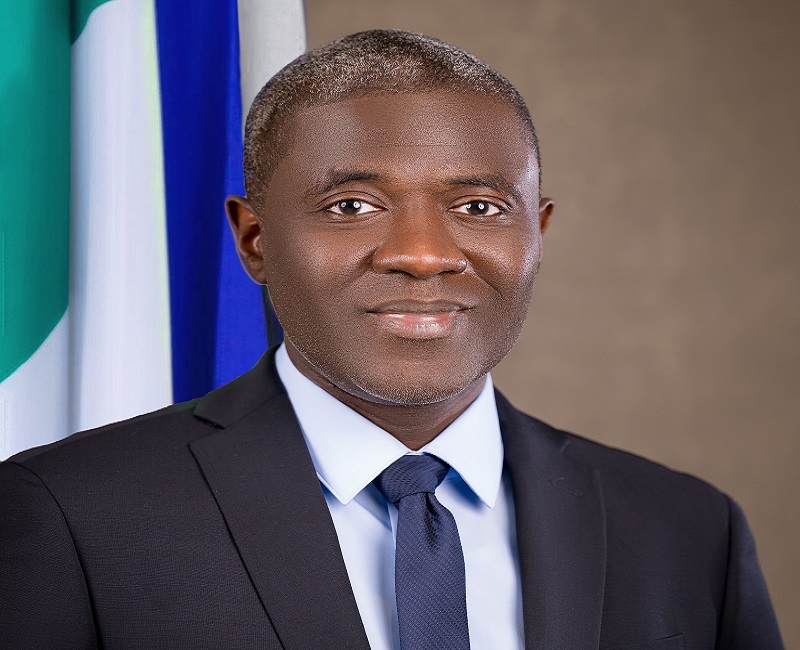–The event aims to ensure that regulatory instruments remain relevant and effective in addressing the evolving demands of the digital age.
–The NCC aims to ensure through the Inquiry that its regulatory instruments are robust and support the growth and stability of Nigeria’s communications sector.
The Nigerian Communications Commission (NCC) launched a two-day Public Inquiry on Tuesday to review three regulatory instruments, also known as subsidiary regulations.
This initiative, Digital TimesNG gathered, is part of the Commission’s consultative strategy to gather input from industry stakeholders, ensuring inclusivity in the development of regulatory frameworks.
Speaking on the essence of the event which was held at the Commission’s Conference Hall in Abuja, the Executive Vice Chairman of the Nigerian Communications Commission (NCC), Dr. Aminu Maida said the NCC has always been committed to promoting an efficient, accessible and competitive telecom industry.
He listed the three regulatory instruments slated for examination by participants at the Public Inquiry to include Telecommunications Networks Interconnect Regulations; Guidelines on Procedure for Granting Approval to Disconnect Telecommunications Operators; and Guidelines for Dispute Resolution.
The EVC noted that the public inquiry was a testament to the Commission’s dedication to transparency and inclusivity ensuring that the voices of all stakeholders are heard and considered.
While maintaining that the instruments being considered during the public inquiry are vital in ensuring the communications sector meets the demands of the ever-evolving digital age, Maida stated that these regulatory instruments play a vital role in shaping the country’s communications landscape and therefore, essential that they are visited and refined to address emerging challenges, trends and opportunities.
On the first regulatory instrument which was ‘Telecommunications Networks Interconnect Regulations,’ Maida stated: “As we all know, interconnection plays a vital role in enabling seamless communication between two different networks and facilitating the growth of the communication industry in Nigeria.
“This review is crucial to keep pace with technological advancement, foster competition, protect consumer interest, align with international standards and improve regulatory efficiency in the industry.”
On the second instrument which was ‘Guidelines on Procedure for Granting Approval to Disconnect Telecommunications Operators,’ he noted that as the industry continues to evolve, the main instances where disconnection of operators becomes necessary these guidelines lay out the procedural framework through which such approvals are granted, ensuring that they are carried out in a transparent and accountable manner.
On the need to review the ‘Guidelines for Dispute Resolution,’ Maida said that while disputes are an inevitable part of any industry, it is indisputable in any transaction and having a robust framework to resolve them is crucial, adding that these guidelines aim to provide a clear and transparent mechanism for resolving conflicts within the communications sector promoting timely resolutions and ensuring that stakeholders are treated fairly.
“As disputes arise, we must evaluate and improve these guidelines to ensure they remain effective in resolving conflicts and promoting a stable telecommunications ecosystem. Your various inputs will be invaluable in shaping the future of our telecommunications sector. Together we can create an environment that inspires innovation, encourages fair competition and ultimately serves the best interest of all stakeholders,” he urged participants at the Public Inquiry.
Earlier in her welcome address, the Ag. Head Legal & Regulatory Services at the NCC, Mrs. Chizua Whyte said the Public Inquiry underscores the NCC’s commitment to regulatory excellence and to building a robust communications sector that supports the Nigerian economy.
“As the communications industry evolves with emerging technologies, our regulatory instruments must adapt swiftly. The Commission’s collaborative efforts with stakeholders have driven significant advancements and will continue to propel the sector forward,” she said.

